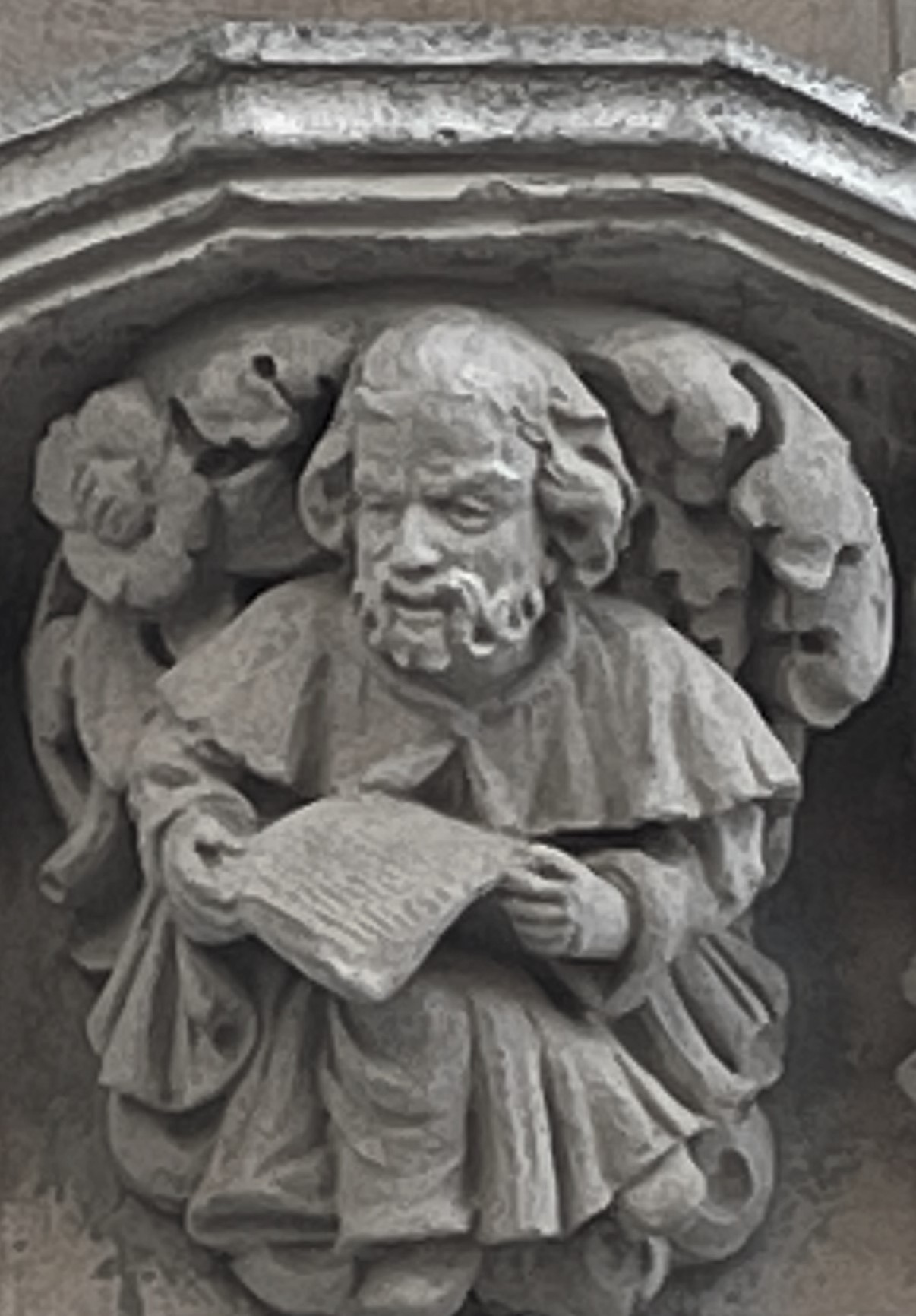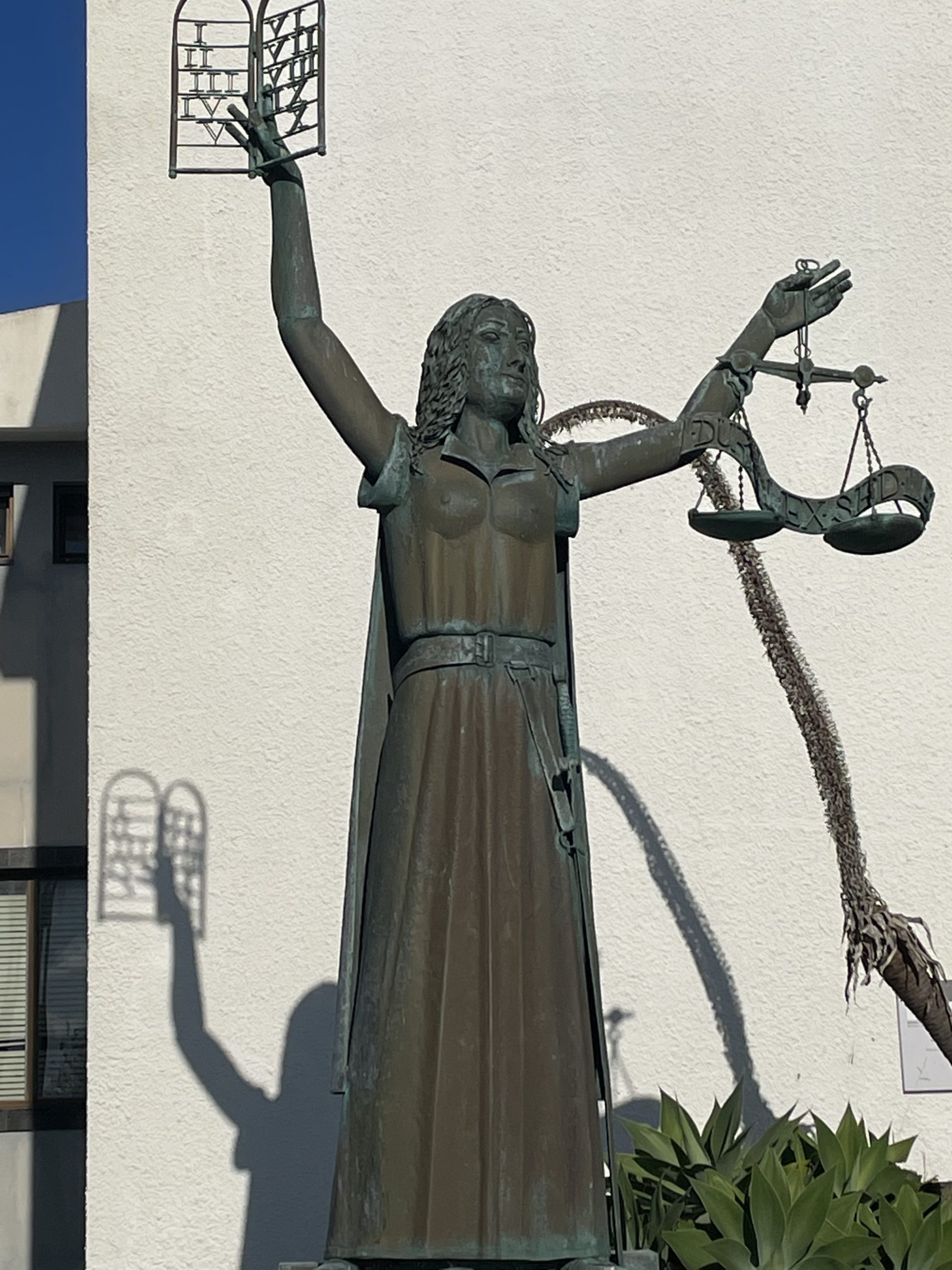
Where’s the money? Lots of family members, heirs and beneficiaries want to know more about the estate inventory in Florida probates. Here’s all you need to know in 1 minute and 55 seconds. (For more about this topic, you can click HERE to read free Florida probate commentary with no sign-up.) What’s in the Florida estate? Everyone wants to know “where’s the money?! ” Well, if a Florida probate is opened up, the Personal Representative is required to file an estate inventory. Florida Probate Rule 5.340 requires that an inventory be filed. When? Within 60 days of the court issuing “letters of administration.” (Letters is actually a single court document signed by a judge that gives the executor, or Personal Representative, the power to act.) Amendments, and updates to a Florida estate inventory are expected. Getting what’s yours So, what do you do if no inventory was filed? You file a motion with the probate judge. What does the motion say? It asks the judge to compel the executor to file an inventory forthwith. (see below, too) What do I do if there are missing assets? “You need to do two things” says probate litigation attorney John Pankauski. “File a motion to compel or file a Petition for Return of Probate Assets.” To read more about Florida probate inventories, you can read two things. Florida Probate Code statute 733.604. This will give you a quick introduction to this topic. This is the law, or statute, on inventories. Next, you can […]








